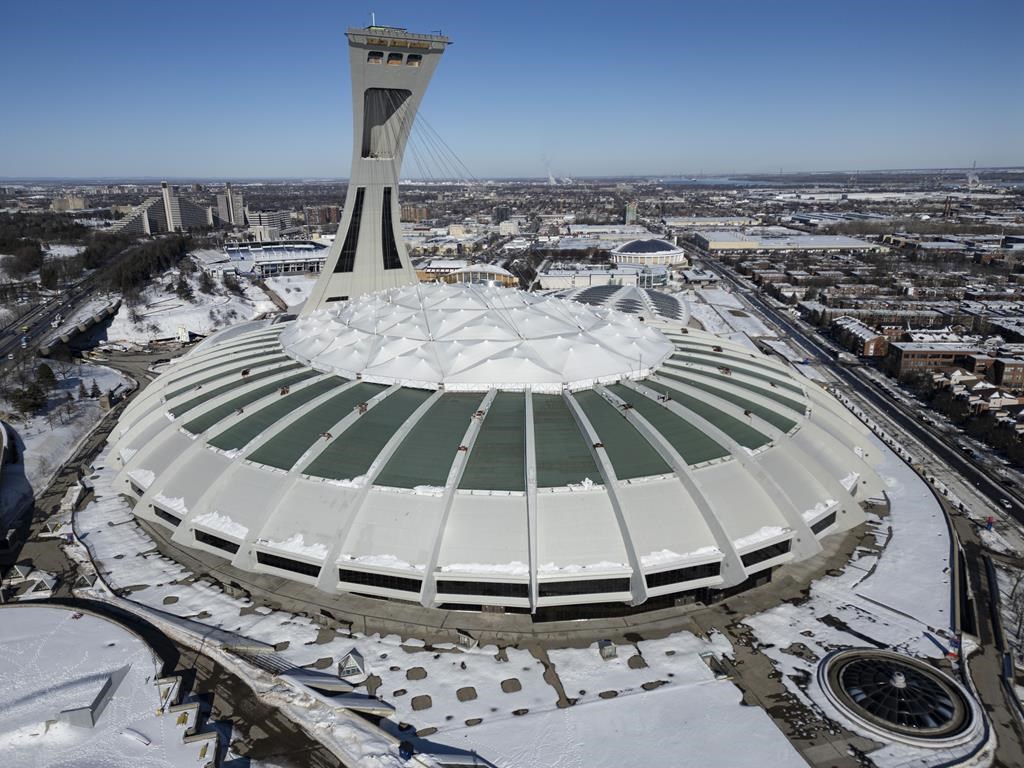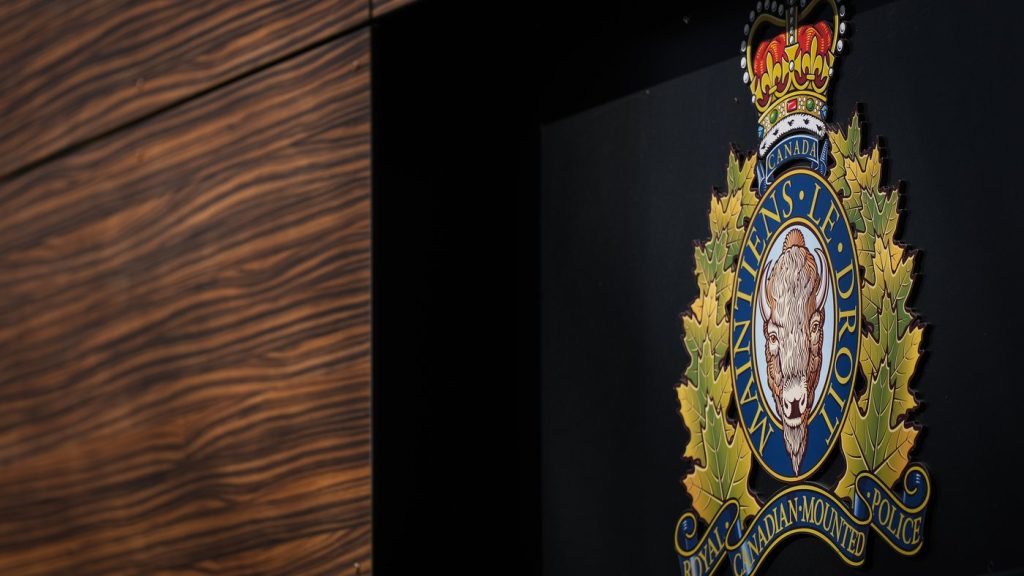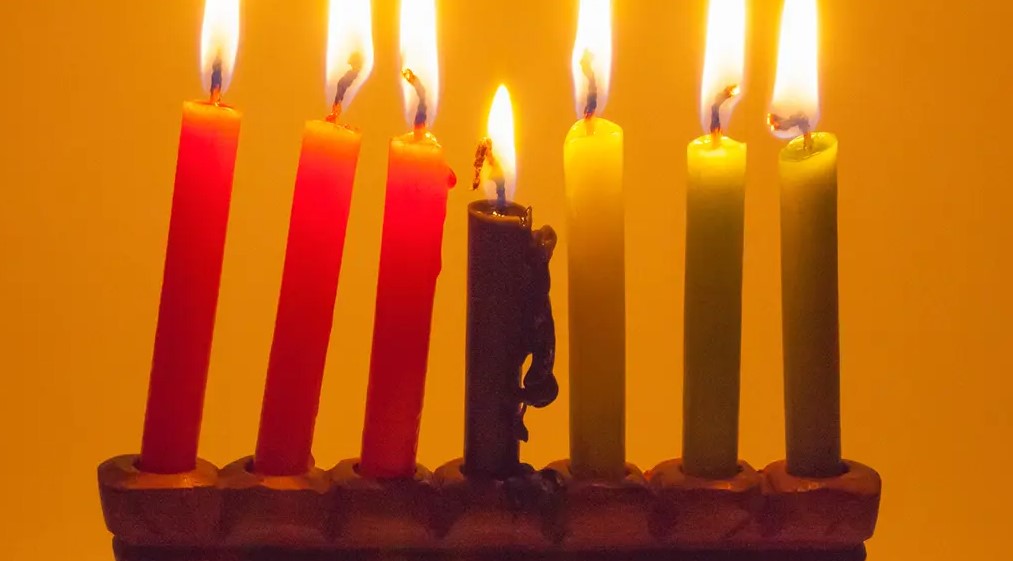Quebec government to spend $870 million to replace Montreal’s Olympic Stadium roof

Posted Feb 5, 2024 11:54:15 AM.
Last Updated Feb 5, 2024 07:01:43 PM.
MONTREAL — The Quebec government says it will spend $870 million to replace the decaying roof of Montreal’s Olympic Stadium, but some sports economists say they’re skeptical of the government’s case.
Tourism Minister Caroline Proulx said Monday the current roof is torn in more than 20,000 places and if nothing is done, the complex built for the 1976 Summer Games will have to close permanently within two years.
“This monument is one of the cornerstones of economic and tourist development for Quebec, and the east end of Montreal, and … it is being neglected,” Proulx told reporters in Montreal.
Colloquially known as the “Big O” and sometimes the “Big Owe” — in reference to the spiralling costs of the 1976 Olympics and the ensuing debt, which was not fully paid back until 2006 — the stadium has been marred with roof problems for decades. The original design — which called for a retractable roof suspended from an angled tower — wasn’t completed until 1987. It was replaced in 1998 with a non-retractable roof made of Teflon-coated fibreglass.
The stadium can only open between 120 and 180 days of the year due to the roof’s fragility, and events inside the building are cancelled if more than three centimetres of snow are forecast. For more than 20 years, the agency that manages the stadium has been calling for it to be replaced.
The new roof will allow the stadium to stay open year-round and “almost triple gross revenue, from $23 million to $61 million,” Proulx said. She added that she expects the stadium will be able to host around 150 major events a year, up from around 30 now.
The stadium will be closed during the four years it takes to replace the roof. Proulx said the work will be complete in 2028, with the new roof expected to last 50 years.
Proulx says preliminary estimates show that demolishing the stadium would cost $2 billion and would be complicated by the fact the structure is connected to two subway stations and businesses lease office space in the stadium’s tower.
Moshe Lander, a senior lecturer at Concordia University who specializes in sports economics, called the roof replacement a waste of money.
Montreal’s professional football and soccer teams don’t have plans to move into the stadium, and even if major-league baseball were one day to return to Montreal, the league has been clear the Olympic Stadium won’t be the team’s home.
“Who’s left? Who’s going to fill 250 dates a year in that stadium? It seems like it’s a lot of money for very little benefit,” Lander said. He said he thinks it’s unlikely a new roof will make the cavernous stadium — which has poor acoustics — more attractive for concerts.
Lander, who would like to see the stadium torn down, said he thinks demolition costs have been overstated and that taxpayers will have to keep paying to maintain the structure. The stadium, he said, will stand as a symbol of Montreal’s struggles with “cost overruns, corruption, incompetence, governments funding large-scale projects that have no economic value.”
Andrew Zimbalist, a professor emeritus of economics at Smith College in Massachusetts, who has studied the economics of hosting major sporting events, said the new roof will just add to the astronomical cost of the Montreal Olympics.
“It was a mistake to host the Olympics in ’76, and it becomes even more of a mistake if you can’t cut your losses, can’t knock down a stadium that doesn’t have any true functionality,” he said.
However, Romain Roult, director of the leisure, culture and tourism studies department at the Université du Québec à Trois-Rivières, said the stadium has become an emblem of Montreal. The new roof will allow for further development around the stadium, which already attracts visitors to amateur sports facilities, a planetarium and an indoor zoo, he said.
While nothing is guaranteed, a functional roof removes “a major unknown for promoters” who currently face the risk that winter events will be cancelled at the last minute, he said in an interview, though he added further renovations will be necessary inside the stadium.
Montreal Mayor Valérie Plante told reporters she’s satisfied with the announcement. “You can love or hate the Olympic Stadium but it’s one of the symbols of Montreal,” she said.
This report by The Canadian Press was first published Feb. 5, 2024.
Jacob Serebrin, The Canadian Press








